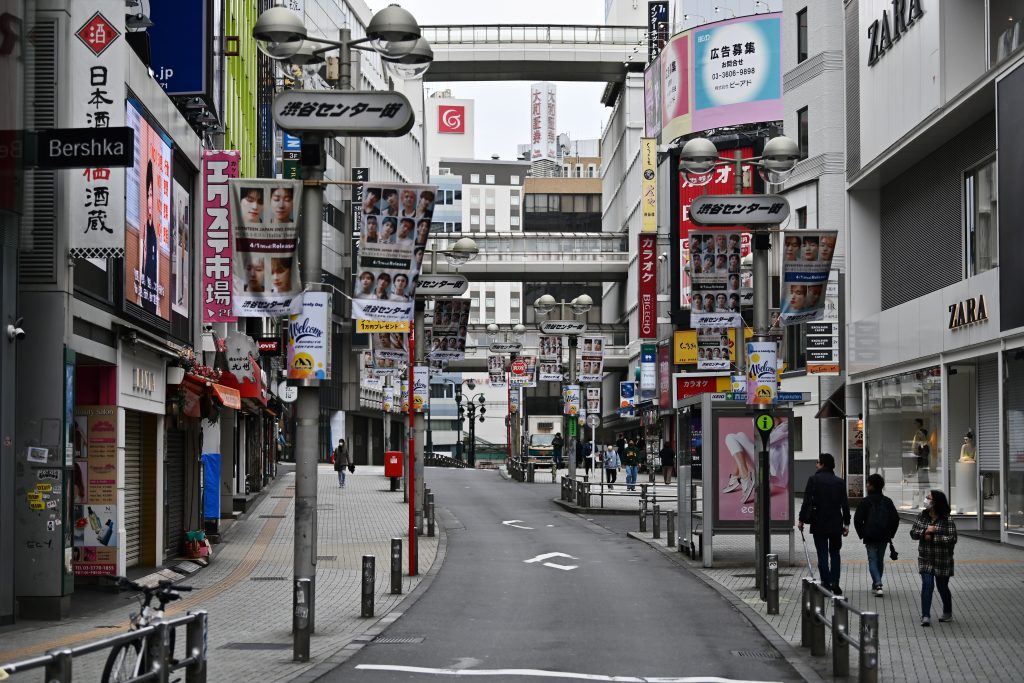
- ARAB NEWS
- 09 Jul 2025

TOKYO: Concerns are growing among Japanese companies over the possible declaration of a state of emergency to ramp up Japan's fight against the new coronavirus, because the extent of the impact from the move is still uncertain.
There is an estimate that the declaration would create a dent of some 3 trillion yen in the country's gross domestic product, with a mood of voluntary restraint seen spreading all at once in many industries excluding food and medical sectors.
If the prime minister declares a state of emergency, prefectural governors will be authorized to impose emergency measures, such as requiring residents to stay home and restricting the use of facilities such as department stores, where many people gather.
Such measures have no compelling power, but "many citizens are expected to strictly exercise self-restraint, considering Japan's national character of being good at acting as a group," said Yasuhide Yajima, chief economist at the NLI Research Institute.
"We are working to clarify which production lines must not be halted and decide how to treat our employees," said an official of a major electronics maker, which is stepping up preparations for a possible emergency declaration.
While some companies are drawing up measures by reference to situations in foreign countries, where states of emergency have already been declared, many firms are still puzzled. "We have no idea what kind of requests would actually be made," a worker at a major brokerage company said.
People who work to provide essential infrastructure services, including utilities, transportation, logistics and communications, will not be required to stay home even if a state of emergency is declared in Japan. Supermarkets, drug stores and banks are also expected to remain open.
"We will give top priority to continuing operations for fund settlement and supporting companies' fund procurement efforts, if requested by the government," an official of a major bank said.
Demand for delivery services is likely to surge. "We are securing new human resources to respond to every situation," a worker at a major mail-order company said.
Meanwhile, the declaration is expected to impose great restrictions on department stores and others.
Many department stores and commercial facilities in the Tokyo metropolitan area were shut during the final weekend of March, following stay-at-home requests by the metropolitan and other local governments to prevent the spread of the virus. Some restaurants have decided to voluntarily close until mid-April.
"We will follow the government's orders," an official of a shop at a department store said.
According to Yajima's estimate, Japan's GDP is likely to be pushed down by some 2.8 trillion yen due to falls in spending on recreation and dining out, if a state of emergency is issued for 21 days in Tokyo and the surrounding prefectures of Chiba, Saitama, Kanagawa, and Yamanashi.
"I want the government to indicate how it expects a state of emergency would impact civil life before declaring it," said Akio Mimura, chairman of the Japan Chamber of Commerce and Industry.
JIJI Press